Publications
Articles, publications, books, tools and multimedia features from the U.S. Institute of Peace provide the latest news, analysis, research findings, practitioner guides and reports, all related to the conflict zones and issues that are at the center of the Institute’s work to prevent and reduce violent conflict.
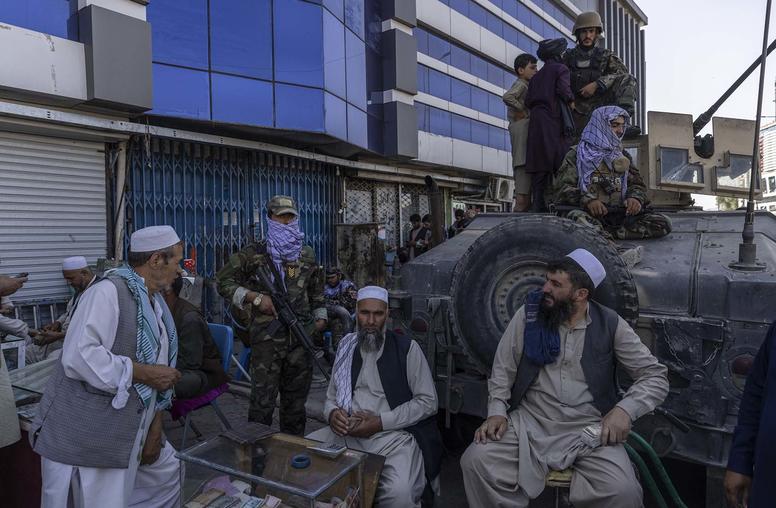
After Taliban Takeover, Can Afghanistan’s Economy Survive?
The Taliban’s unexpectedly rapid and complete victory over the now defunct Islamic Republic of Afghanistan brings with it yet another shock to the long-suffering Afghan people and the country’s very weak economy. Already plagued by insecurity, COVID, corruption, government over-centralization and mismanagement, declining revenues and drought, the Afghan economy will now face a host of challenges in the aftermath of the Taliban’s takeover and the international community cracking down on aid and assistance. As a new Afghan government takes shape, the actions of the Taliban and the response of the international community could greatly exacerbate or modestly ameliorate the current economic and humanitarian crises.
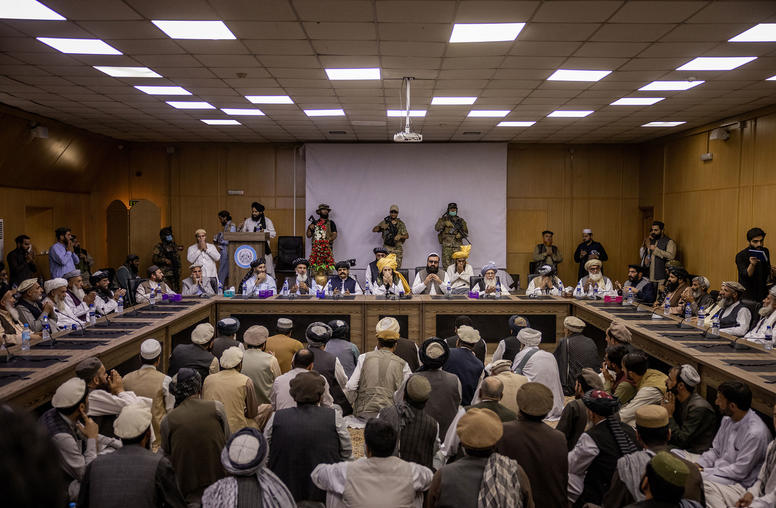
Five Questions on the Taliban’s Caretaker Government
As part of the Taliban’s bid to re-establish the “Islamic Emirate of Afghanistan,” the militant group announced the line up for its caretaker government on Tuesday. Despite several leading Taliban figures saying the movement would govern in a more moderate and inclusive fashion, the acting appointments made this week were mostly old guard members who played similar roles when the group ruled Afghanistan in the 1990s. USIP’s Andrew Watkins discusses who the key players are, what it signals about the Taliban’s commitment to inclusivity, the key challenges the government will face and how the West and regional countries should engage.
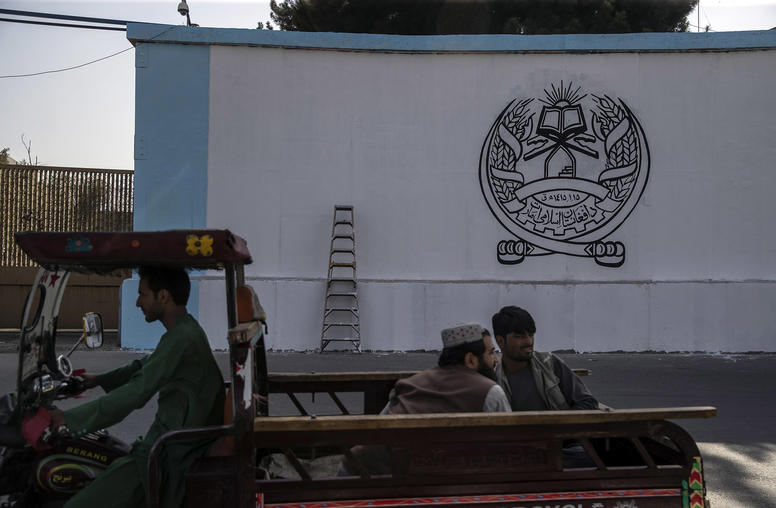
What Can the Taliban Learn From Past Afghan Conquests and Collapses?
The Taliban’s lightning conquest of Afghanistan caught many people by surprise, perhaps including the Taliban themselves. However, it is not the country’s first episode of an unexpectedly quick military victory and consequent rapid change in regime. Historical examples may provide relevant lessons for the victorious Taliban as they begin to govern the country, including pitfalls to be avoided in their own and the nation’s interest.
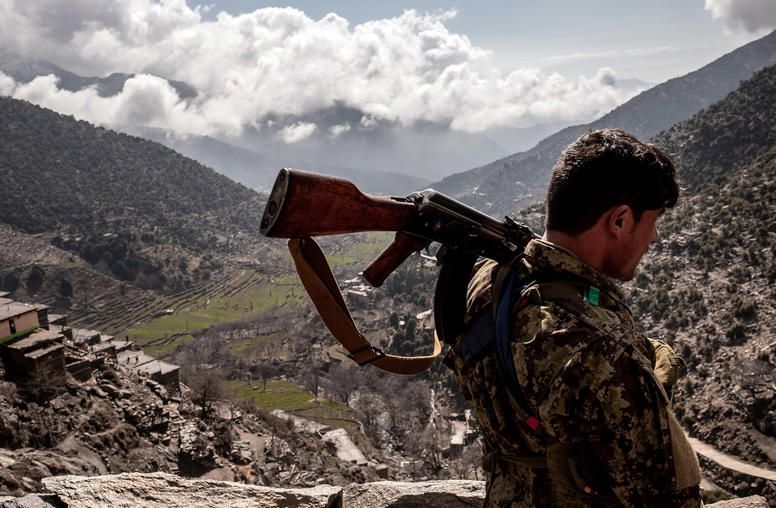
What Does IS-K’s Resurgence Mean for Afghanistan and Beyond?
Last month’s bombing outside the Kabul airport was a devastating sign of the Islamic State of Khorasan Province’s (IS-K) recent resurgence. The group had already launched 77 attacks in the first four months of 2021 — an increase from 21 in the same period last year. This renewed capacity for mass-casualty attacks could further destabilize Afghanistan’s already precarious security situation, leaving both the new Taliban government and the United States with a vested interest in mounting an effective campaign to undercut IS-K’s presence in the region.
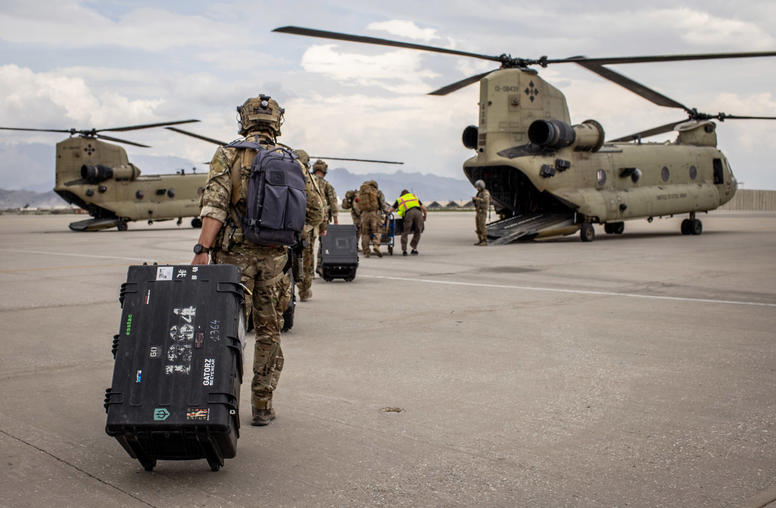
China and the U.S. Exit from Afghanistan: Not a Zero-Sum Outcome
It has become fashionable to characterize recent events in Afghanistan as a loss for the United States and a win for China. This zero-sum interpretation framed in the narrow context of U.S.-China relations is too simplistic and off the mark. The reality is far more complex and nuanced. The end of the U.S. military presence in Afghanistan and the collapse of that country’s pro-Western government do not automatically translate into significant Chinese gains, nor do they trigger a swift Beijing swoop to fill the vacuum in Kabul left by Washington.
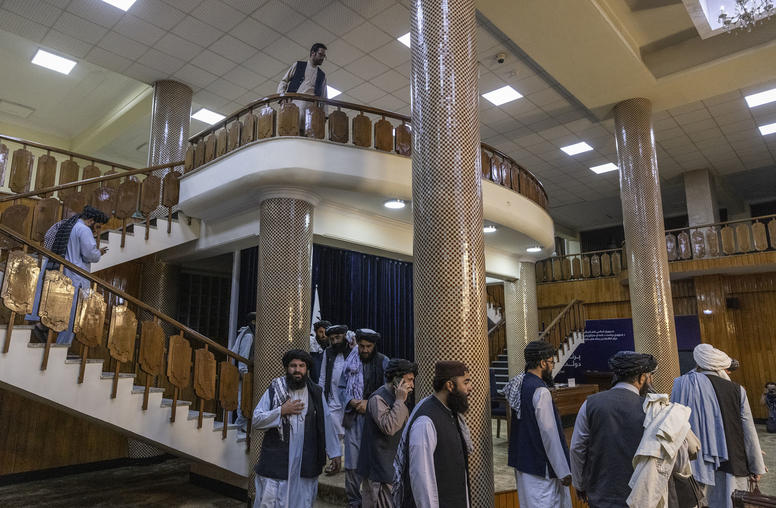
Taliban Seek Recognition, But Offer Few Concessions to International Concerns
Since taking power in August, the Taliban have repeatedly expressed the expectation that the international community will recognize their authority as the new government of Afghanistan and have taken several procedural steps to pursue recognition. But the group has done very little to demonstrate a willingness to meet the conditions put forward by Western powers and some regional states. USIP’s Andrew Watkins, Richard Olson, Asfandyar Mir and Kate Bateman assess the latest Taliban efforts to win international recognition, the position of Pakistan and other key regional players and options for U.S. policy to shape Taliban behavior and the engagement decisions of other international partners.
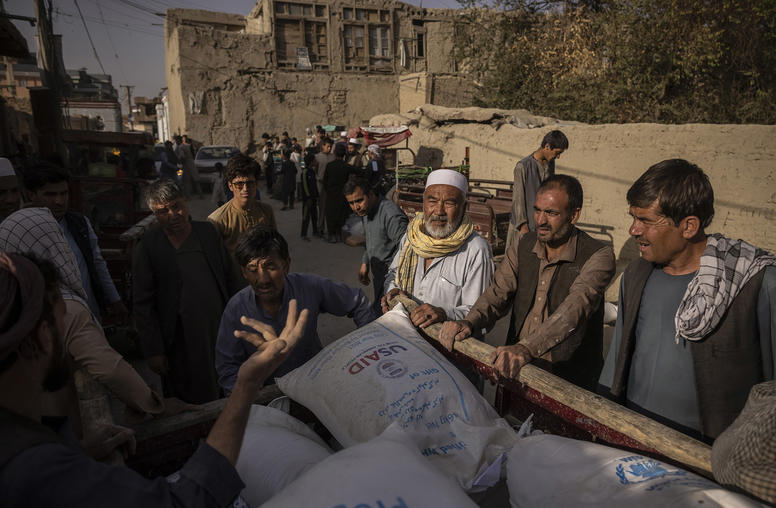
Afghanistan’s Economic and Humanitarian Crises Turn Dire
Two months after the Taliban took control of Afghanistan, the country is grappling with twin economic and humanitarian crises the response to which has been complicated by international aid cutoffs, the freezing of Afghanistan’s foreign exchange reserves and sanctions on the militants. USIP’s William Byrd discusses the implications of these crises and the challenges to alleviating them.
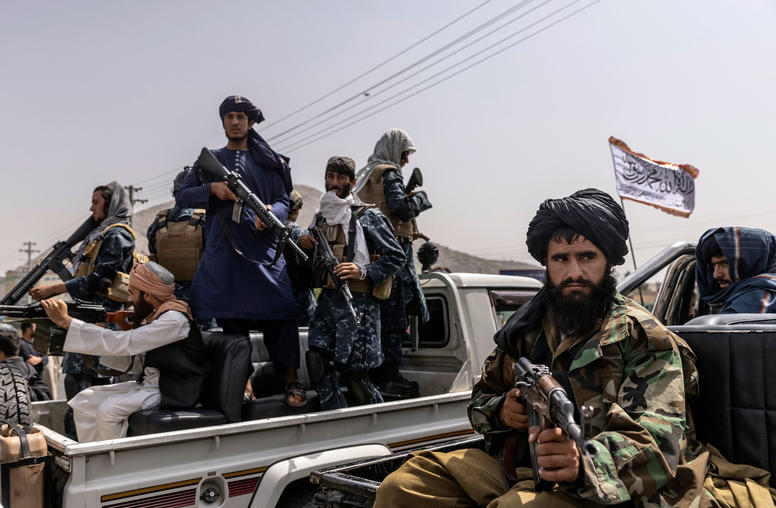
Winter is coming in Afghanistan. Are the Taliban ready?
Nearly three months after the Taliban’s rapid takeover, Afghanistan is descending toward one of the world’s worst humanitarian crises with an economy in freefall. As the harsh winter season looms, aid agencies have warned that over half the country’s population — a staggering 22.8 million people — will face acute food insecurity, including 3.2 million children under five. Now in power, the Taliban’s failure to deliver basic services is exacerbating this dire humanitarian situation. But immediate relief is a distant prospect as the Taliban deliberate on how to govern the country and the international community mulls over how to engage and pressure the fledgling government.
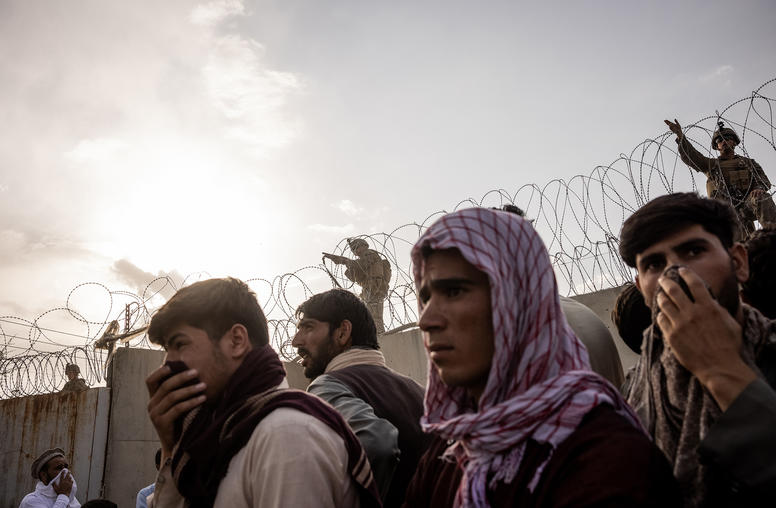
Key to Afghan Relief Efforts: Financial Engineering for Private Sector, Economy
The U.S. government needs to urgently prioritize saving Afghan lives, meeting basic human needs and stemming the free-fall of the Afghan economy. The unprecedented evacuation of some 100,000 people from Kabul airport in August demonstrated what clear objectives and a whole-hearted, government-wide focus can accomplish under the worst of conditions. While that scale of mobilization is not required now, a similar unity of effort and focus, this time on financial engineering, will be needed to deliver aid to the Afghan people and limit further economic damage in coming months.
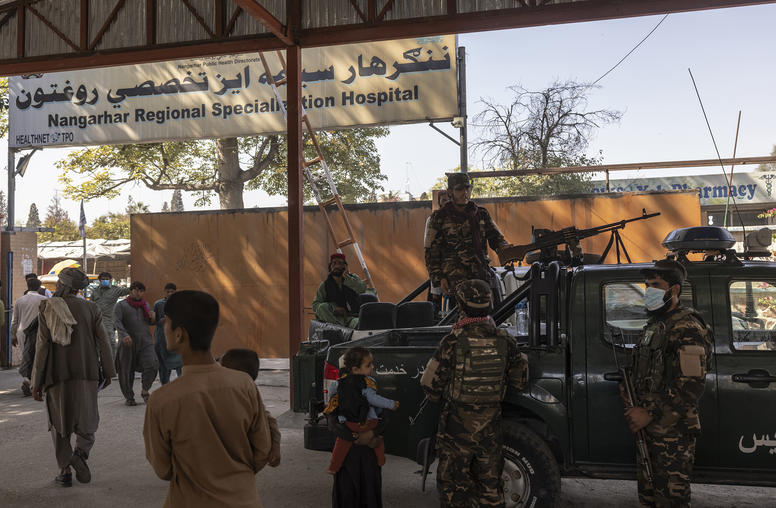
Aiding Afghan Local Governance: What Went Wrong?
After 20 years of an ambitious, costly international state-building effort, the government of Afghanistan collapsed in the summer of 2021 in a matter of weeks. The Afghan security forces’ remarkably rapid defeat earned significant attention, but the Taliban victory over the internationally backed Afghan republic stemmed equally from deep-seated political and governance factors. Across all the facets of the Western state-building endeavor in Afghanistan, there is now an enormous need to assess how the international project fell so far short of its aims.